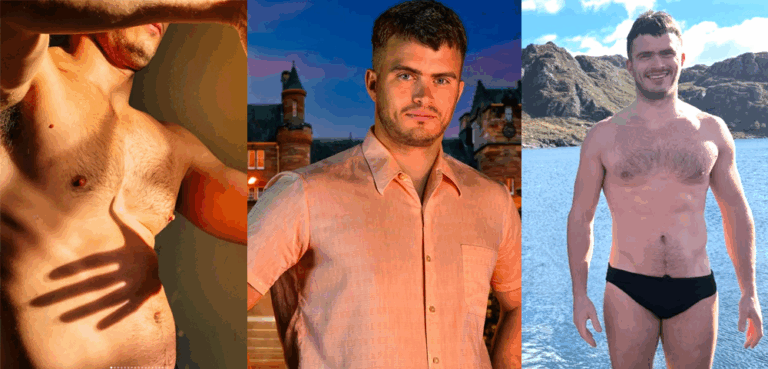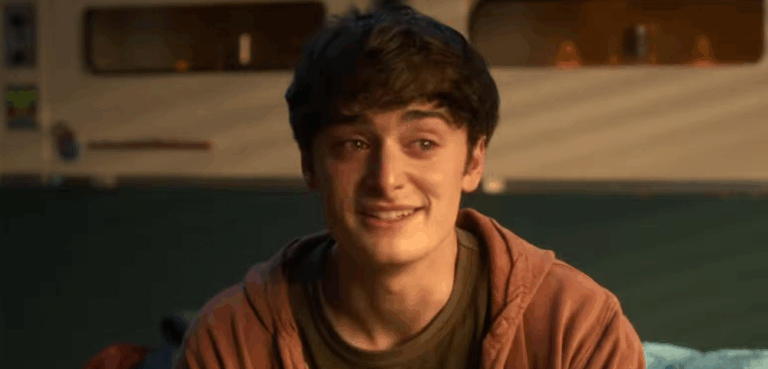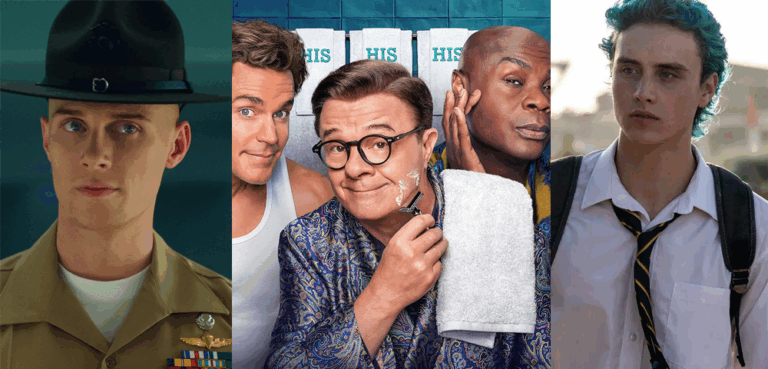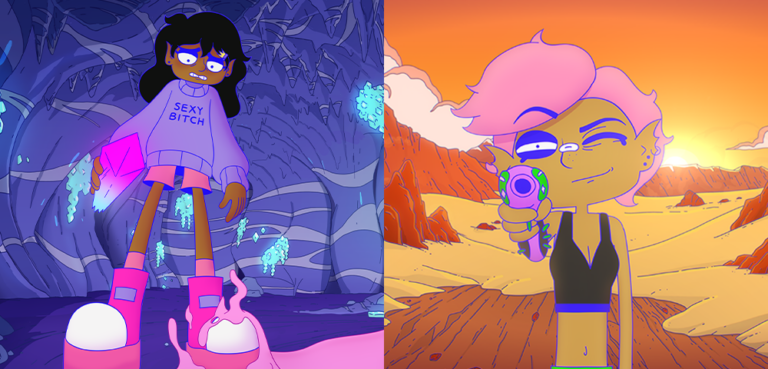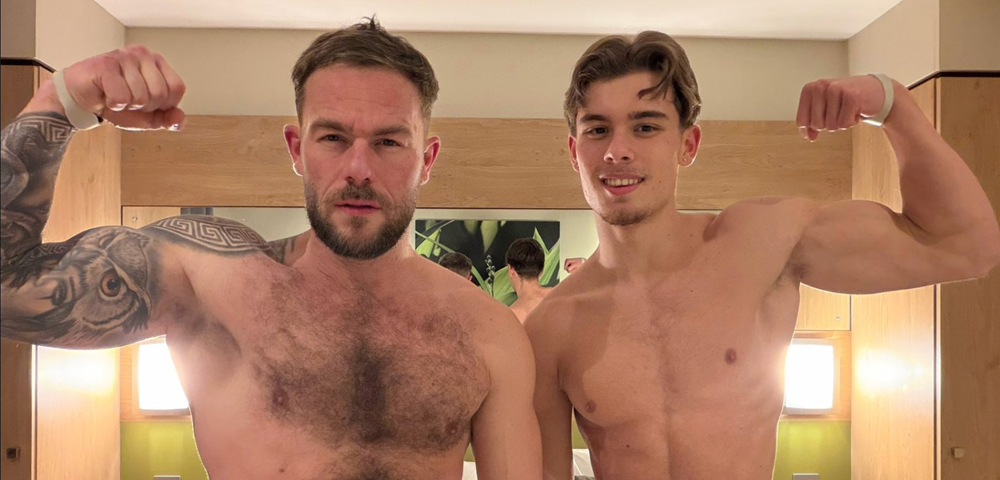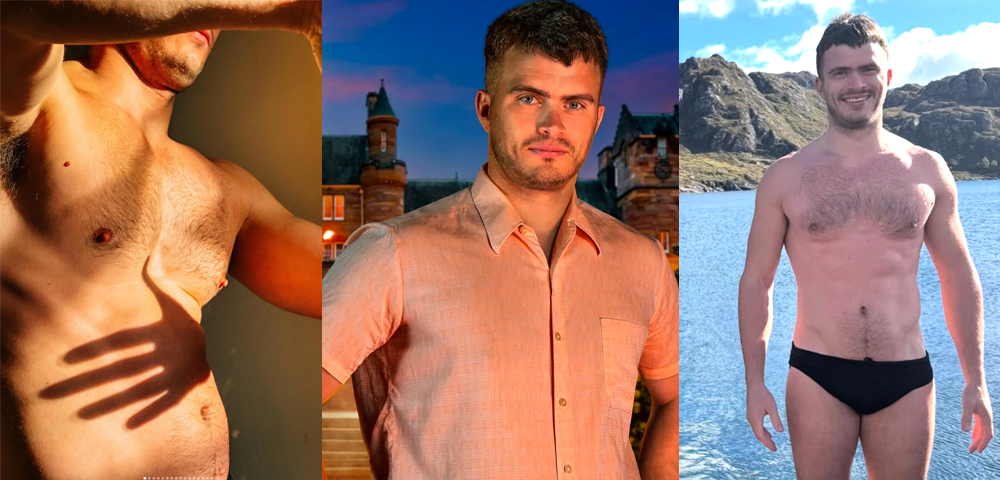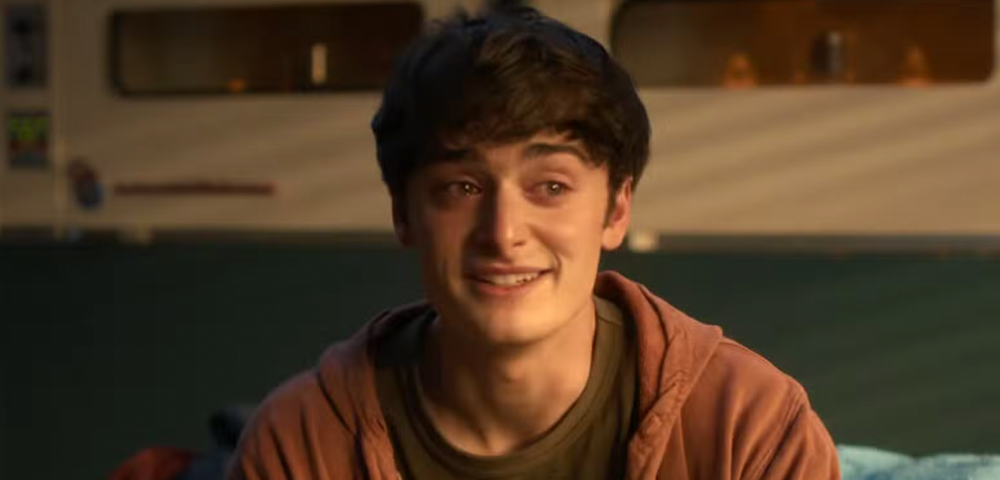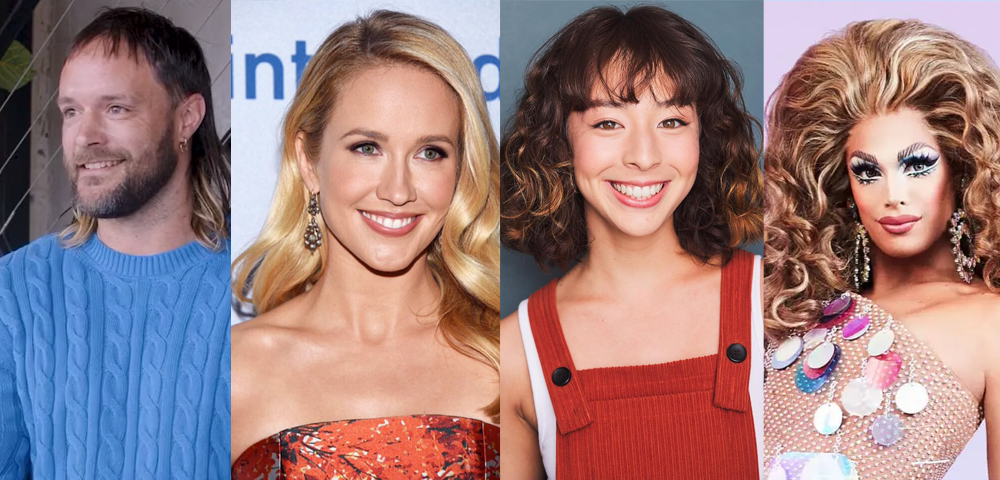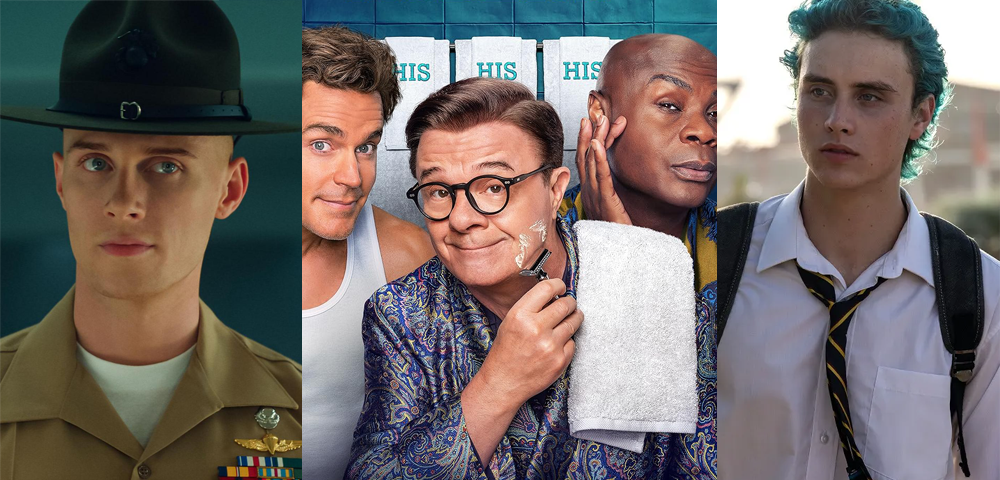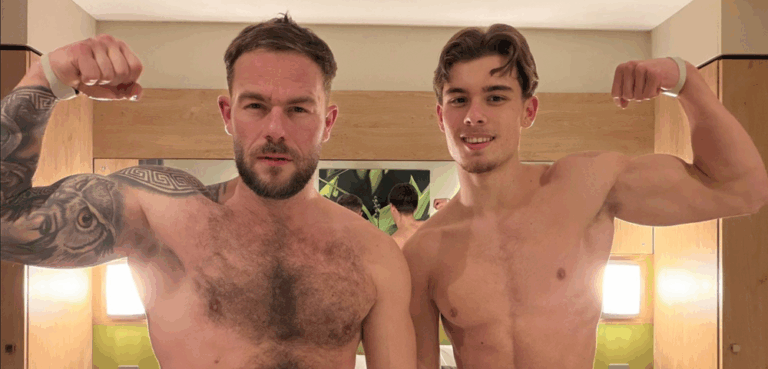
We’re Starting To See Change, Says Todd Fernando Victorian Commissioner for LGBT Communities
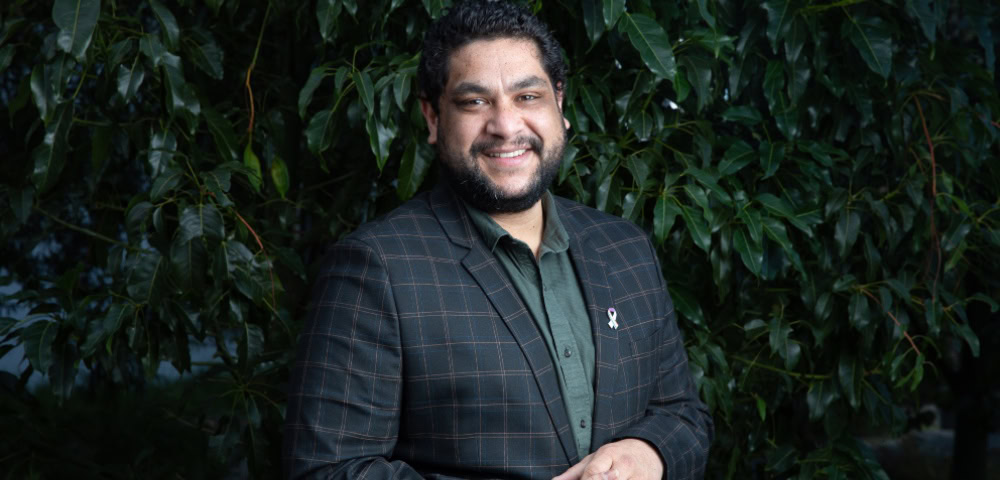
From growing up with his ‘foot in two camps’ – queer and Indigenous, to being the voice of the LGBTQI community in Victoria, Victorian Commissioner for LGBTIQ+ Communities Todd Fernando tells Star Observer it’s been an exciting journey.
Todd Fernando, Victorian Commissioner for LGBTIQ+ Communities, is the first out queer, Indigenous person to be appointed a commissioner in Australia.
For this descendant of Kalarie people from the Wiradjuri nation, growing up with his “foot in two camps” was not an easy task.
“Being a young Wiradjuri person, we were fighting for the recognition of our culture. I had to put my queerness on the back burner and, and really not allow it to overshadow what we were trying to do within the Wiradjuri space,” Fernando told Star Observer.
Fernando grew up in the regional rural town of Condobolin, located on the Lachlan River in central-western NSW. “I was very fortunate to grow up on country and to learn about my culture in a variety of ways with my family. One of the things that I did miss out on was connecting to my culture through my queerness.”
An Out Gay Man On Country
You can read more here: https://t.co/q70htML9Kv
— Victorian LGBTIQ+ Commissioner (@VicLGBTIQ) June 14, 2022
It was not until his early 20s that Fernando found a way to reconcile his two identities. “I was really able to go back and be an out gay man on country for the first time when I was around 21,” said Fernando. That experience also led to questions about what it meant to be a queer Wiradjuri person.
“It showed just how deep the wound of colonialism is when it comes to thinking about culture and sexuality,” said Fernando, adding that it was a “sad reality” that confronts many young people today who think they have to choose between one or the other identity.
When choosing a topic for his doctoral thesis, Fernando naturally veered towards exploring this intersectionality between queer and Indigenous identities in a health setting. Talking to other young queer Indigenous persons about their journeys, “it became apparent to me very quickly that many young queer Aboriginal people seek to understand who they are in relation to Australian colonialism and in relation to Aboriginal culture, sexuality and gender.”
Fernando found answers to many of his questions in these conversations. “I descend from a lineage and culture that is the world’s oldest, and as a gay man, as a queer person, I also extend that to a queer ancestorship that is the oldest on Earth. And when you start to imagine it that way, the weight of the world just lifts because you’re like, ‘Oh, of course. We’re fabulous!'”
The Face Of LGBTQI Victoria
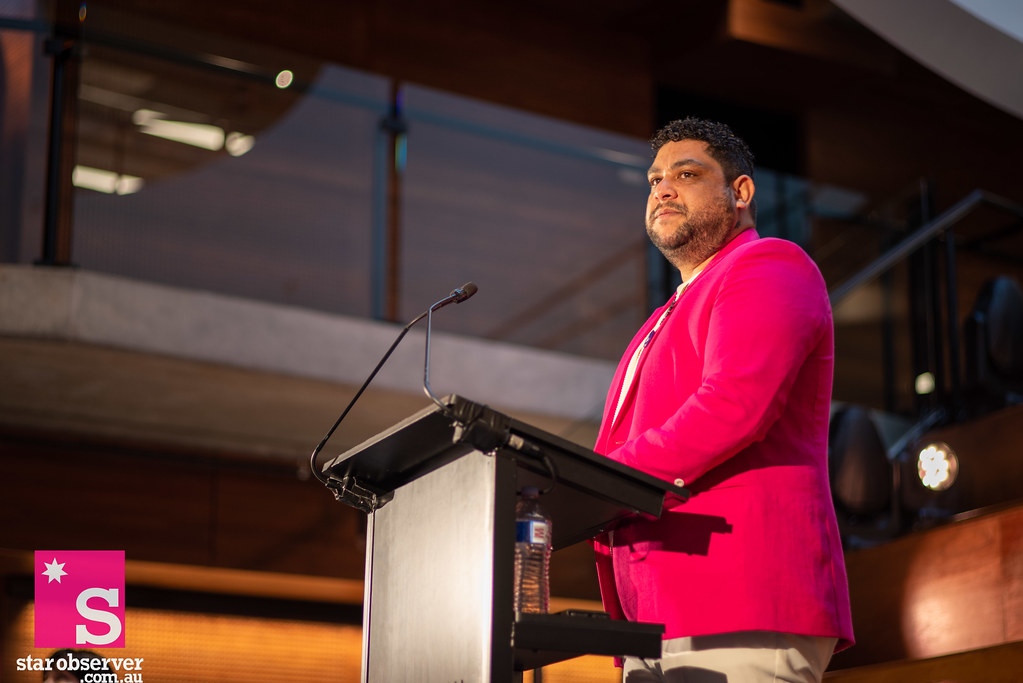
In the last year, the Daniel Andrews-led Labor government has set many milestones in its push to advance LGBTQI equality in Victoria. This included the opening of the Victorian Pride Centre, law reforms to strengthen protections for LGBTQI students and staff under the Equal Opportunities Act, and upskilling and strengthening of community organisations.
Fernando, who took over as the Acting Commissioner in June, before he was appointed to the post in October 2021, has been the LGBTQI face for many of these initiatives. At the age of 32, he is the youngest to be appointed a commissioner in Australia.
“It’s been really rewarding when I get emails or phone calls or meet other indigenous leaders, some of my heroes who, in turn, are really excited about what I’m doing. They remind me of their pathways and they tell me that they’re really proud of me and that they’re looking and watching closely about what I’m doing.”
‘I Believed In The Deficit Discourse’
It’s all part of Victoria’s long-term commitments under Pride in our future: Victoria's LGBTIQ+ strategy 2022-32. https://t.co/ujiziMbsg0
— Victorian LGBTIQ+ Commissioner (@VicLGBTIQ) June 1, 2022
As a role model for queer and Aboriginal youngsters, Fernando, who helped to co-found Koorie Pride which advocates for the rights of gender, sex and sexuality diverse Aboriginal and Torres Strait Islander people in 2015, is only too aware of the heavy responsibility that he carries on his shoulders.
“Growing up as a young child in the 90s, the media’s view of Aboriginal issues was not the greatest. It was all deficit, damage and centred around disadvantage,” recalls Fernando. “I believed in the deficit discourse, I thought the only way in which I could be authentically Aboriginal was to be disadvantaged and damaged. And that was the same narrative for queerness on the back of HIV and AIDS.”
According to Fernando, it is only in the last decade that there has been a seismic shift in perspective and “that we can be excellent and successful, that we can thrive and have healthy relationships, that we can be leaders in our various fields.”
‘We Weren’t Trusted To Design Queer Spaces’
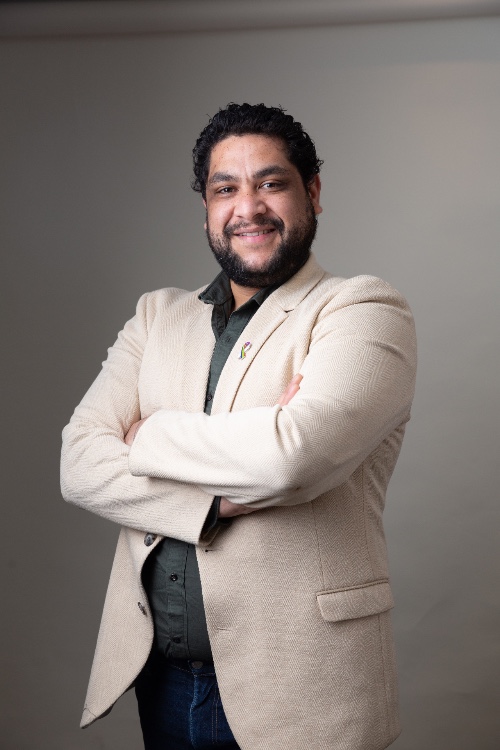
Mainstream spaces are not the only ones that can be exclusionary, queer spaces too can exclude Aboriginal people and other people of colour. Fernando points out the way that Aboriginal or people of colour are regulated in rainbow spaces when they are brought in to either do an acknowledgement or welcome to country, dance or other ways to showcase their culture.
“We weren’t trusted to design queer spaces. And that is disappearing,” says Fernando. “In my role of Commissioner not only am I trusted to design LGBTIQ+ spaces, I’m also trusted to lead a group of people in Victoria, about what it is to be a part of the rainbow community. And that’s really exciting. I think we’re starting to see that change.”
“The old adage that queer spaces are white spaces is slowly starting to disappear as more and more people of colour and Aboriginal people begin to assert themselves as part of the queer majority. Part of that means that queer white people need to take a good hard look about what it is that they’re doing to also push for reconciliation, what they’re doing to push for the advancement of people of colour or communities of colour”
Securing A Win For The Referendum
This NAIDOC week, Fernando has a message for Australia’s LGBTQI community, which knows all too well the costs of a national referendum. The newly elected Anthony Albanese federal government had signalled support for the Uluru Statement from the Heart and a referendum to have an Aboriginal voice to the parliament.
“The ‘No’ campaign will be very, very vicious and we as LGBTQI people know exactly what a ‘no’ campaign did to our communities. We have seen with the marriage equality postal survey how devastating it can be especially on the mental health of trans and gender diverse people,” said Fernando.
“As LGBTQI people, we must all be there for Aboriginal people. We need you to stand alongside us as we push for national recognition of Aboriginal and Torres Strait Islander people. My message for LGBTIQ+ communities is to start connecting with us now because we’re going to need you more than ever when it comes to securing a win for the referendum.”
